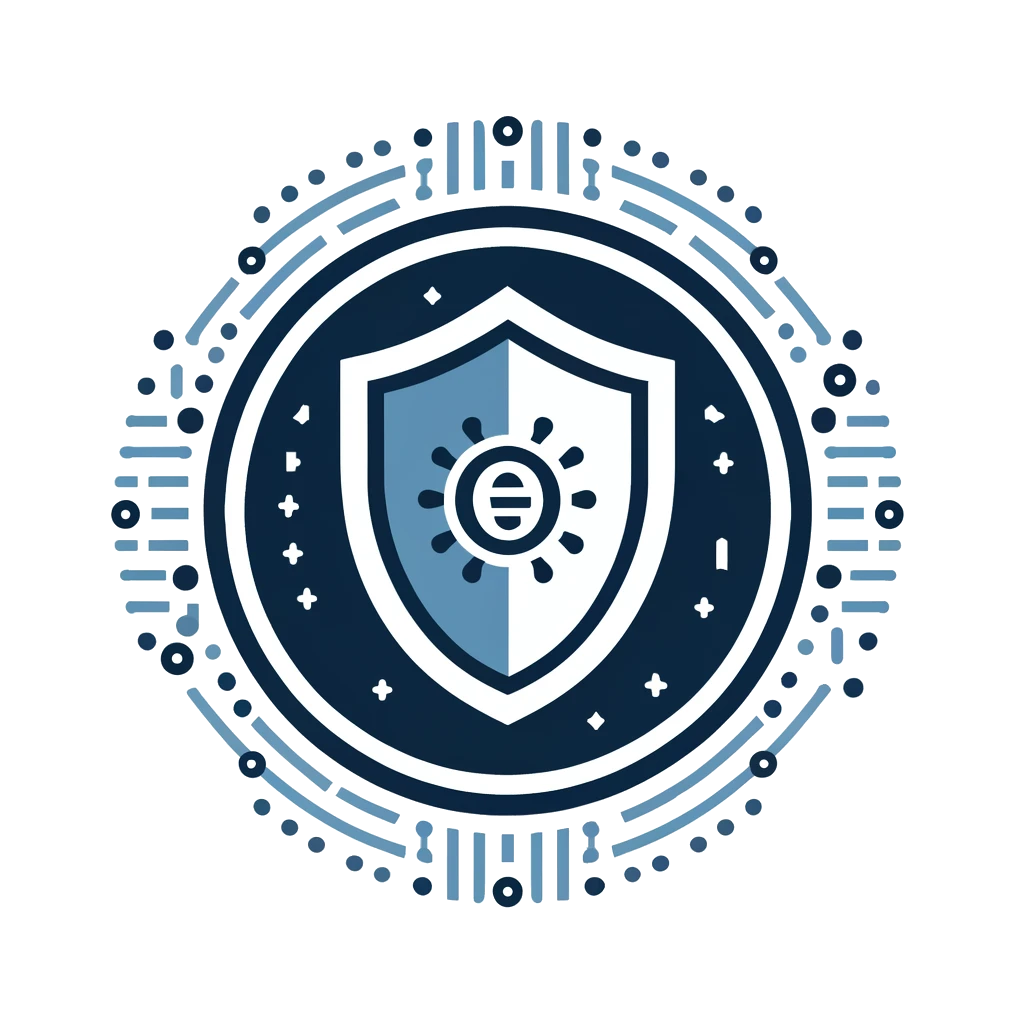Doxing
From Encyclopedia of Cybersecurity
Doxing
Doxing (alternatively spelled as doxxing) is the act of researching, gathering, and publishing personal or private information about an individual on the internet without their consent, often with malicious intent.
Overview
Doxing typically involves:
- Research: Conducting online searches and investigations to uncover personal information about the victim, including their full name, home address, phone number, email address, social media accounts, and other sensitive details.
- Gathering: Compiling the gathered information into a dossier or document, often containing personally identifiable information (PII), financial records, employment history, family members, and other sensitive data.
- Publishing: Sharing the compiled information publicly on websites, forums, social media platforms, or other online channels to expose, embarrass, or harass the victim.
Motives
Doxing may be motivated by various factors, including:
- Revenge: Seeking retaliation or retribution against the victim for perceived wrongs, disputes, or conflicts.
- Intimidation: Intimidating, threatening, or silencing the victim by exposing their personal information and vulnerabilities.
- Harassment: Targeting individuals with malicious intent to embarrass, shame, or humiliate them publicly.
- Extortion: Using the threat of doxing to coerce the victim into complying with demands or relinquishing control over sensitive information or assets.
- Political or Ideological Reasons: Pursuing ideological agendas, political activism, or online vigilantism by targeting individuals or groups perceived as adversaries or opponents.
Impact
Doxing can have severe consequences for the victim's privacy, safety, and well-being, including:
- Privacy Violations: Invasion of privacy and exposure of sensitive personal information, leading to loss of control over one's digital identity and online reputation.
- Security Risks: Increased risk of identity theft, fraud, harassment, stalking, or physical harm if the exposed information falls into the hands of malicious actors.
- Psychological Trauma: Emotional distress, anxiety, fear, and trauma resulting from the violation of personal boundaries and the threat of public exposure and humiliation.
- Social and Professional Fallout: Damage to personal relationships, professional reputation, career prospects, and financial stability due to the dissemination of damaging or embarrassing information.
- Legal Consequences: Potential legal repercussions, including civil lawsuits or criminal charges for invasion of privacy, harassment, defamation, or cyberbullying.
Prevention and Response
Preventing and addressing doxing requires proactive measures to protect personal information and mitigate potential risks, including:
- Privacy Controls: Reviewing and adjusting privacy settings on social media platforms, online accounts, and digital devices to limit the sharing of personal information and control access to sensitive data.
- Information Security: Practicing good cybersecurity hygiene, such as using strong passwords, enabling two-factor authentication, and regularly updating software and security patches to prevent unauthorized access to personal accounts and devices.
- Vigilance and Awareness: Being vigilant about the information shared online and the potential risks of disclosing personal details to unknown or untrustworthy sources.
- Legal Recourse: Seeking legal advice and pursuing legal action against perpetrators of doxing, including filing complaints with law enforcement, internet service providers, or online platforms for violations of terms of service or laws governing privacy and harassment.
- Support Networks: Seeking support from trusted friends, family members, or mental health professionals to cope with the emotional and psychological impact of doxing and develop strategies for resilience and recovery.
